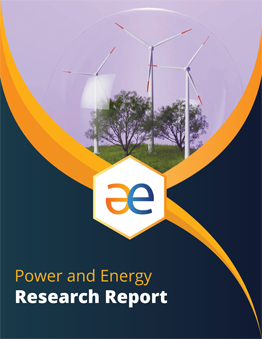Emergency shutdown systems came into existence to protect human life and plant equipment and avoid the chances of an unnecessary plant shutdown. Emergency shutdown systems provide safe operations. This system is designed to minimise the consequences of emergency situations. It reduces the occurrences of the hazardous conditions. During the dangerous situations like hydrocarbons escape, uncontrolled flooding etc. are handled by the emergency system by the intimation of halt, shutdown of unit, plant or any specific equipment.
The Middle East and Africa Emergency Shutdown System Market Segments Size & Growth:
The Middle East and Africa Emergency System Market are expected to increase by an $ XX Billion by 2024 at a CAGR of 7 %. Increasing number of catastrophic accidents, governments strict regulatory policies for industrial safety, growing number of large-scale production projects which needs more sophisticated plant control systems and the augmenting demand for the ESDs due to the rapid
The Middle East and Africa Emergency Shutdown System Market Segments Share:
The Middle East and Africa Emergency Shutdown System market are segmented into the control methods which includes Pneumatic, radio telemetry, Electrical and Fiber Optic. Based on the components, Middle East and Africa Emergency Shutdown System is subdivided into Actuators, controllers &trip relays, valves, field mounted safety system and system logic solvers. However, it takes more time for the system logic solvers to solve the problem other methods have more scope. Remote shutdown valves are having the high percentage of usage.
Oil & gas occupies a significant share of emergency shutdown market. Power generation holds the highest market when safety has become the leading concern. Based on geography, the key industries in Middle East regions are chemicals, oil & gas and food & beverage
The Middle East and Africa Emergency Shutdown System Market Research Report:

Starting from $2700

Starting from $2160

Starting from $2700
Keep up-to-date with our weekly newsletter, Media Pulse.